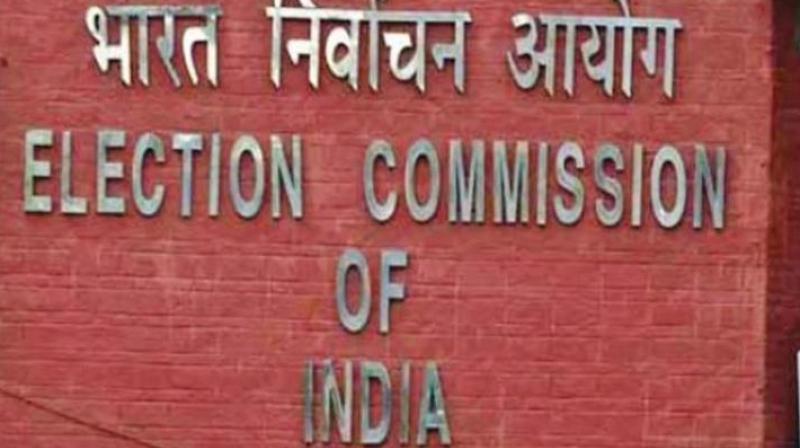Federal institutions need to be stronger

The loudest of election campaigns ended before polling was held for the final 59 seats in the seventh phase of the general election. In trying to cater to an electorate of 900 million people, of whom at least 600 million enter the booths to press EVM buttons, this six-week exercise is a model for the democratic world. What made the 2019 polls so contentious was the alleged partisan role of the Election Commission, a constitutional body entrusted with the free and fair conduct of polls and creation of a level playing field for all candidates, irrespective of party, to 542 seats, besides Assembly elections in Andhra Pradesh, Sikkim, Arunachal Pradesh and Odisha. The election panel was seen as too easygoing in dealing with infringement of the Model Code of Conduct, more so when it came to the Prime Minister and the heads of the two leading national parties.
It is the institutional damage done in offering so much latitude to those in power that should have right-thinking people worried about where India's great democratic model is going. The division within the EC regarding decisions made in overruling objections to the invoking of the armed forces in canvassing for votes and such other transgressions were exposed by one of the election commissioners publicising his opposition to possibly 11 such cases. While the demonstrativeness of dissent, such as recusing from meetings on the poll code, may lead nowhere as all multi-member institutions in a democracy must bow to the will of the majority, there may still be scope for reform of the system. The dissenting member’s opinion is recorded on the file but not made public. A more transparent system, where a dissenting vote is indicated as decisions are made public may do more to uphold the principle that the panel should be more open while dealing with the polls.
The events seen in the duration of the prolonged polls must be seen against the larger canvas of national institutions. Even the method under which the multi-member poll panel is appointed — by the governments of the day — may have to be re-examined if we are to seek betterment of the system. It’s not the EC alone which has borne the brunt of an onslaught of subjective decision-making. The CBI is another institution that was under the spotlight for too long in recent days. Historically a handmaiden of the ruling government, the federal investigation authority saw its image being eroded by the differences within created by the parallel appointment of a special director. It is clear that besides tending to the economy, reforms are needed to strengthen such federal institutions that have shown a willingness to bend to the will of the powers that be. Even the most influential must not be allowed to dictate to these institutions by subverting the very process of appointments.

